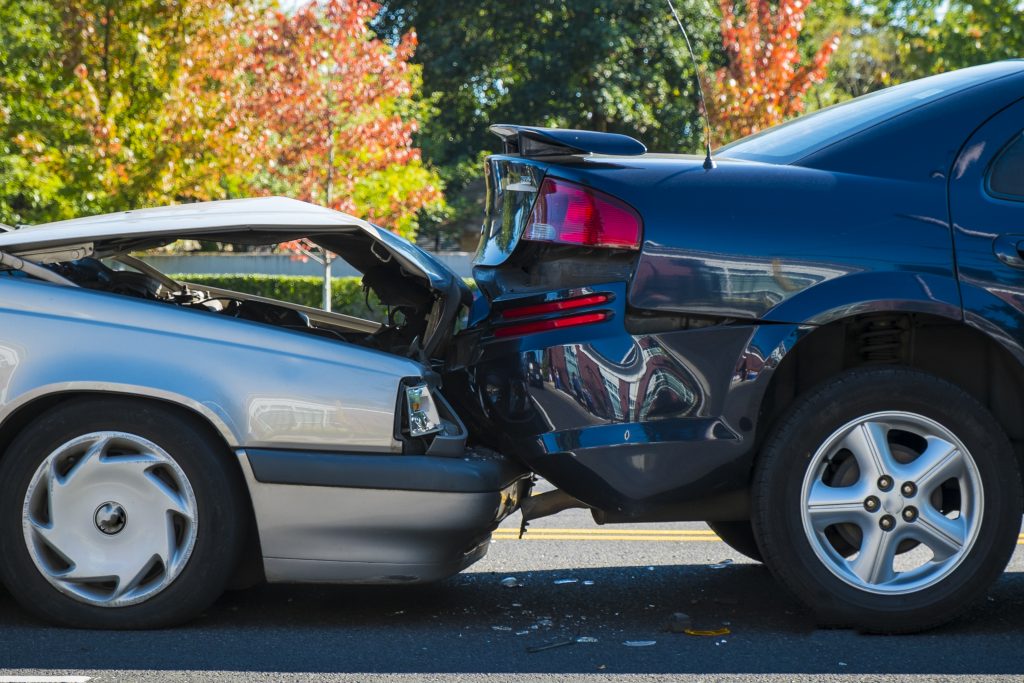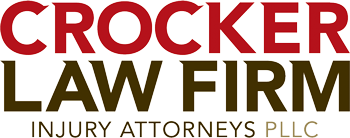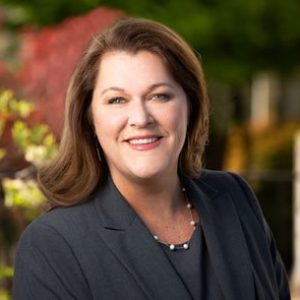
When Cars Collide: Answers to Property Damage Questions
If you are involved in an automobile accident, you may or may not be hurt, but your vehicle probably is. You will need to make a property damage claim to be reimbursed for the damages to your vehicle. Although stemming from the same incident, a bodily injury claim and a property damage claim are separate.
How do I get my car repaired?
The person responsible for the damage to your car is the liable (at-fault) party. You should make a property damage claim with the liable party’s insurance. The liability insurer will pay for the repairs to your vehicle or pay the fair market value of your car if it is a total loss.
You are also entitled to “loss of use” compensation. Loss of use is either a rental vehicle or a dollar amount comparable to a replacement/rental vehicle, for the time that you are without a vehicle. This means the time your car is in the repair shop or until payment is issued for the total loss of your car.
Do I have to use the repair shop recommended by the insurance company?
You may have your car repaired at the shop of your choice. It is always a good idea to make sure the shop you are working with uses original equipment manufactured (OEM) parts that are the same type and quality that were on your car prior to the accident.
What if my car is totaled?
If the repairs to your vehicle will cost 75% of the value of your vehicle, or more, then it will likely be deemed a total loss. The insurance company will make you a “total loss offer”, which should equal the fair market value of the vehicle. The insurance company will look at comparable vehicle sales in your area to come up with an estimated fair market value and present a total loss offer to you. The offer will also include taxes, licensing fees, and transfer fees.
If you feel the amount is satisfactory, the insurance company will pay off your car loan, if you have one, and you will receive any remaining amount. Be aware that the insurance company will usually only pay for a rental vehicle for a few more days after a total loss offer is made to you.
There is language in the insurance laws that allow for either “replacement with another of like kind and quality” or for a cash settlement (total loss offer). Almost all total losses are resolved with a cash settlement because insurance companies rarely offer a replacement vehicle.
What if the total loss offer is less than the loan on my car?
Unfortunately, there are times when people are upside down on their car loan, which means they owe more on the loan than the car is worth. When your car is deemed a total loss, you are owed the fair market value of your car, not the amount of your car loan. So, the insurance company will pay the amount of the total loss offer to the lender and you will still be responsible for the balance on the loan.
If you purchased Guaranteed Auto Protection (GAP) when you took out the car loan, GAP should cover the difference and pay off the balance. If you do not have GAP, then contact your lender before accepting the insurer’s total loss offer and ask the lender to accept the offer amount as full satisfaction of your loan.
What is the difference between collision coverage and comprehensive coverage?
Both types of property damage coverages are optional and cover damages to things (not people). Comprehensive covers damages caused by something that is out of anyone’s control, such as natural disasters or a deer leaping into your windshield. Collision coverage applies when your car collides with something else, such as a crash involving two cars or a crash involving your car and a mailbox. If you use your own collision coverage for damages to your vehicle caused by someone else, your insurance company will eventually seek reimbursement from the liable party or insurer.
Who pays for the damages to my car if I am at-fault for an accident?
If an auto accident is your fault, the only place you can look for reimbursement is to your own wallet or insurance policy. If you have collision coverage on your policy, then that coverage will pay for the damages to your vehicle. If you pay for rental coverage, then your insurance company will provide you with a rental vehicle while your car is being repaired.
What if I am in a wreck caused by an uninsured driver?
While liability insurance is required in Kentucky, there are, unfortunately, people who drive without it. If you have the misfortune of being in a wreck caused by an uninsured driver, you can turn to your own collision coverage if you have it.
If you’ve been in an accident, contact us! It doesn’t cost anything to see if we can help. Contact Crocker Law Firm today.


